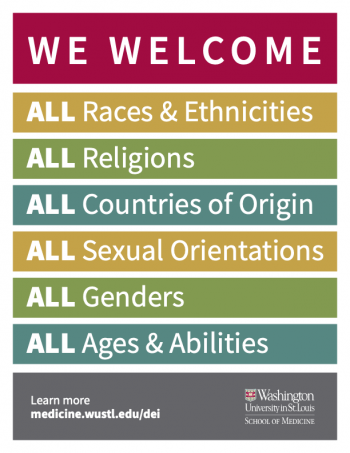Mentorship
“Their success is my success!”
I am a huge proponent of mentorship at multiple levels within and outside of the lab. I firmly believes that the success of my trainees is paramount. This approach manifests itself in several ways:
- Regular meetings to discuss scientific and career progress
- Opportunities to present research at local, regional and national scientific meetings
- Hands on training and development
- Taking relevant coursework
- Grant writing
- Review of the literature
- Didactics
- Creating an individualized development plan
- Early development of scientific paths to independence
- Networking and advocating for a trainee’s acceptance to new training programs or positions
Physician-scientists in basic science research
As a MD-only physician-scientist, I understand the struggle that many trainees have when considering a career in basic science or early transnational (T0 – T1) research. The pull of clinical training and patients can be large, while rigorously pursing experiments takes time. Not all principal investigators appreciate the balance that this takes. However, I also appreciate the superpowers that clinically trained scientists possess, as they are able to ask more clinically relevant research questions and more accurately place their findings within an appropriate clinical context. Thus, I believe that individuals with medical training are a critical portion of the scientific workforce. Efforts will be taken to recruit these individuals and provide them with projects appropriate for the lab.

Diversity and inclusion
As a lab we appreciate that good science requires diversity of ideas and diversity of backgrounds. We are also aware of systemic barriers that individuals who come from non-traditional or underrepresented backgrounds face when considering careers in medicine and/or research. We strive to create an open and inclusive environment regardless of race, ethnicity, religion, country of origin, sexual orientation, gender, age or ability.
Core lab competencies
The Stone lab utilizes several methods to provide in depth study of severe insulin resistance syndromes. These techniques and models include:
- Transgenic mouse models
- Metabolic testing
- Adipose stromal cells (ASCs)
- Histology
- qRT-PCR / Western Immunoblotting
- Induced pluripotent stem cells (iPSC) technology
- CRISPR/Cas9 Gene editing technology
- Clinical Registry with dynamic metabolic testing
- Serology studies of severe insulin resistance
- Next generation sequencing technology with bioinformatics expertise

Join our team!
We study severe insulin resistance syndromes. Come join our amazing group.